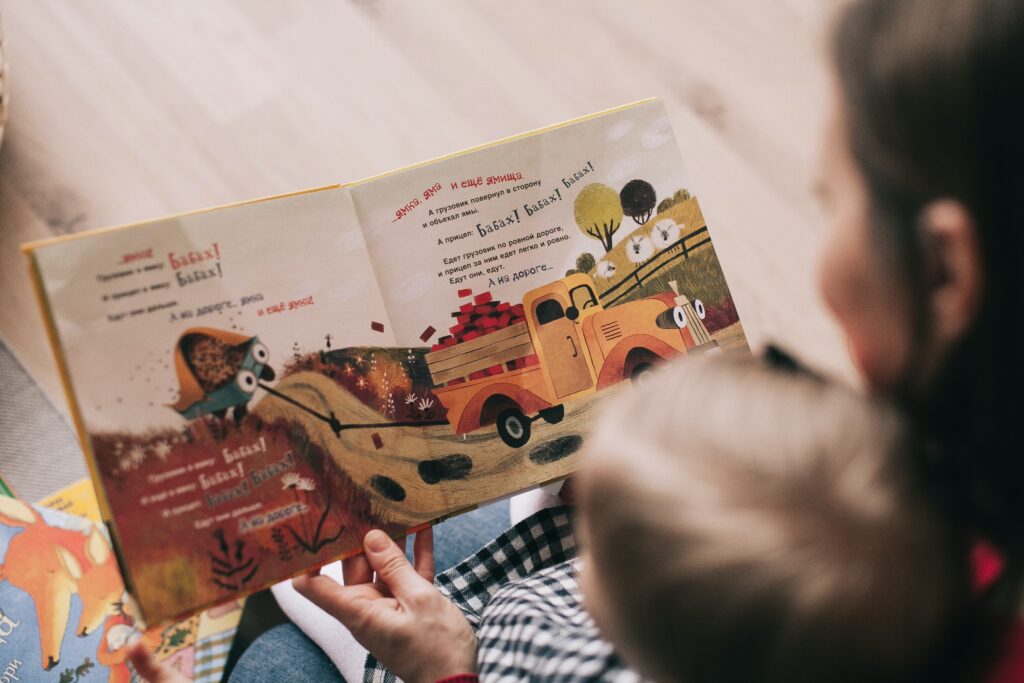Let’s talk about respect. Do you respect your children? How do you show your respect? What does respect mean to you? These are very important questions that every parent should consider.
When we talk about parenting and raising kids, words ‘love’ and ‘care’ get the spotlight, and with a good reason. Without these two main ingredients, our children wouldn’t have a chance to survive and our species to evolve. But is it enough to love them, to provide food and shelter and to teach them a thing or two about life? What would be the third ingredient which would change the survive into thrive?
- „Your children are not your children. They are the sons and daughters of Life’s longing for itself.“ Khalil Gibran
Each child is unique. While they may have some characteristics that resemble you, your partner or ancestors, they are unique individuals first and foremost. We often find that children annoy us because they remind us of someone, or they fall short on our expectation scale of „my child should be like this.“ Can you see and appreciate that special blend and life expression that is your child? Do you constantly want them to be different? Offer them a gift of unconditional acceptance. Let go of your expectations. That is one face of respect.
- „One of the most sincere forms of respect is actually listening to what another has to say.“ Bryant H. McGill
I truly believe that listening is the core of a good relationship with a child. Real listening means that you are:
– fully present – not thinking, watching TV or checking your phone.
– fully open – not planning the response, not judging or labeling
– fully accepting of your child’s experience, feelings and views
– fully kind with your response and words
- „Use kind words.“ (one of the rules in each kindergarten classroom)
This one cannot be overstated. Kind words are empathetic, loving, validating, empowering. Kind words do not compare („Look at your brother, he already finished his homework.“), judge („You have always been so clumsy.“), threaten („If you don’t finish this, no dinner for you.“), manipulate („Let’s see what your father has to say.“), etc. If you feel this is too much work, just keep in mind that these words will stay as that annoying voice in the heads when your children grow up. I bet you still hear some of those from your parents. The helpful advice here would be: direct, honest and loving communication.

An important part of respect is being able to admit when you are wrong and apologize, even to your child.
- Make your child a valued member of the family.
Involve children in your family activities, decisions and plans. Ask for their opinion. Make a family mission statement together. Discuss different ways of doing things, resolving conflicts, etc. Talk about compromise, win-win, equity vs. equality, family values (according to their age, of course). Don’t hide difficulties and problems. Celebrate success. Talk about failure and life lessons. Show feelings and talk about them. Lead by example.
- „An apology is a superglue of life. It can repair just about anything.“ Lynn Johnson
An important part of respect is being able to admit when you are wrong and apologize, even to your child. With an apology, you show your human side and that you value relationship over your ego. Not only are you empowering your relationship with your child, but you are also teaching them growth mindset, empathy and forgiveness.
Respect encompasses both love and care, and stretches beyond. Respect validates children as human beings, as individuals. Respect makes them seen and heard. Respect confirms their place in the family, school, society. Respect is a backbone of their confidence and worthiness. Add this ingredient to your strategies and you will get a fantastic parenting recipe.
Jelena Fu is an educator with extensive experience working in China. She has designed curricula for different subjects and ages, held training for teachers and workshops for parents. She has been practicing meditation for many years and wants to pass on her experience and the benefits of meditation to others. Her meditations on the Insight Timer app are very popular. She attended the TEDx Conference in Shanghai in 2015 and regularly writes articles on education and parenting.



















